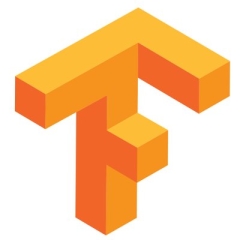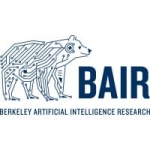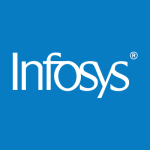What is our primary use case?
I primarily used the solution for computer vision applications, for example, detection and segmentation, and OCR.
We used an architecture from a published paper. It was based on TensorFlow and we upgraded it and developed on it. I also worked on face verification and likeness detection. We are working on anti-spoofing detection. We did some things around face verification and likeness detection. I used TensorFlow specifically.
I've also used the solution to detect hands, tracking customers in the supermarkets, and using the solution for detecting the pickup and dropping of objects from shelf to basket in the supermarket.
Lately, I've been working on a project in Arabic that is designed to detect handwriting. I also use PyTorch to help with this task.
How has it helped my organization?
For one particular project, we did an extraction of the Arabic language from a crucial document, like an ID. We needed to capture the ID using the application so that the application sends the ID to the server. We needed to make an Egyptian ID detection on mobile. I built a simple commercial network to customize the ID and converted it into TensorFlow White and made some compositions to make it faster to run. We deployed it on the mobile. For this bot, there's full support in this area, which is great.
What is most valuable?
The solution is quite useful for production. It tends to provide for digital devices or mobile devices. You can deploy your model on Android or iOS. I did that before on Android. It provides TensorFlow GS or JavaScript to run TensorFlow applications in the browser.
It's quite a valuable solution when we go to production.
Google is behind TensorFlow, and they provide excellent documentation. It's very thorough and very helpful.
What needs improvement?
Overall, the solution has been quite helpful. I can't recall missing any features when I was using it.
I know this is out of the scope of TensorFlow, however, every time I've sent a request, I had to renew the model into RAM and they didn't make that prediction or inference. This makes the point for the request that much longer. If they could provide anything to help in this part, it will be very great.
Buyer's Guide
TensorFlow
January 2026
Learn what your peers think about TensorFlow. Get advice and tips from experienced pros sharing their opinions. Updated: January 2026.
881,707 professionals have used our research since 2012.
What do I think about the stability of the solution?
The solution is quite stable. It's reliable. It doesn't crash or freeze. There are no bugs or glitches to deal with. We've been happy with the performance.
What do I think about the scalability of the solution?
The scalability of the solution is good. When it comes to TensorFlow (or PyTorch) you can train on multiple GPUs at the same time, and multiple machines at the same time, also.
In TensorFlow, I didn't train on multiple GPUs, yet, however, I know it's very easy and straightforward. I've been through it. Scaling should be a problem for a company. If they want to scale, they can.
How are customer service and support?
I've never been in touch with technical support. I can't speak to their level of knowledge or how quickly they respond.
Which solution did I use previously and why did I switch?
I also use PyTorch and Amazon SageMaker.
Amazon Solution provides the how-to where we can use PyTorch and TensorFlow to train models on huge datasets on AWS end-user. They are complementing each other on a project.
How was the initial setup?
The entire implementation process is quite straightforward. It's not complex at all.
The deployment is very fast. You can have it up and running in five minutes. You just go and install the version you would like to use and you are done. It's all very simple.
I always go with the deployment with TensorFlow. I don't try to use PyTorch in this area. A year ago, when I was deploying a semantic segmentation model on the server, each time I sent a request that I need to reload the model input that ends.
What's my experience with pricing, setup cost, and licensing?
It's my understanding that the version we use is free. It doesn't cost any money.
What other advice do I have?
When we did the utilization applications, we were deploying on digital ocean servers. For the projects that I'm working on now, we are planning to deploy it on its own port attached to the robot. We haven't done it, yet. We are finishing the project right now. For deploying the solutions, I deploy them on the digital ocean.
I'd recommend the solution. I'd also recommend users considering the solution do a bit of studying. There are some great courses on Coursera and there's a recent one called DeepLearning.AI that is extremely useful.
Overall, as I use the product pretty much everywhere, I would rate it at a ten out of ten.
Disclosure: My company does not have a business relationship with this vendor other than being a customer.














